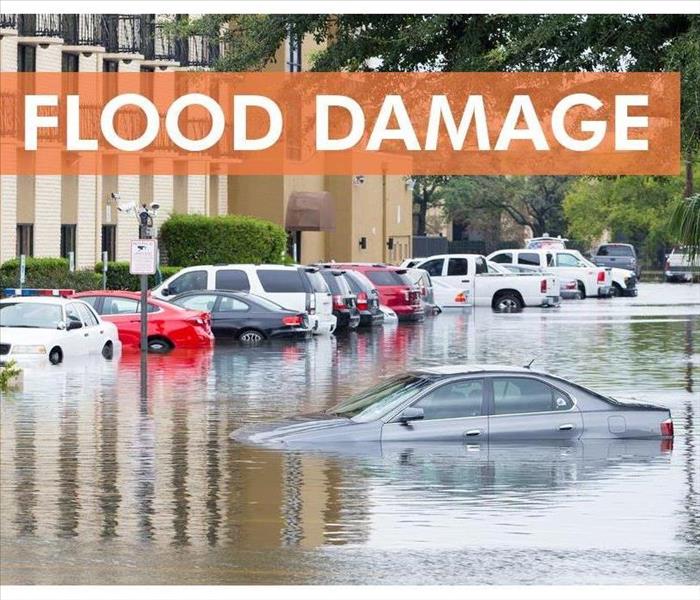Storm vs. Flood Damage: What’s the Difference?
8/29/2019 (Permalink)
Storm vs. Flood Damage: What’s the Difference?
When bad weather strikes, your commercial building in Hopkinsville, KY may be at risk for flood damage or other problems caused by the storm. Understanding the difference between the types of damage your building can endure will help you to act quickly in the face of disaster to minimize the impact on your space, and your business’s bottom line.
Storms
Storm damage is an all-encompassing phrase that could mean several things. In general, it refers to damage suffered by your commercial building from one or more types of storms, including:
- Rain: Heavy rainstorms can occur at any time, although they are most common during warm weather, and can cause flooding in and around your building within a matter of moments
- Blizzards: Snow and ice can be extremely heavy, particularly on roofs, trees, and utility poles, which can collapse into your building
- Windstorms: Hurricanes, tornadoes, thunderstorms, and blizzards almost always include damaging high winds that can tear away at any manmade structure
Floods
Flood damage is a particular byproduct of a storm and generally refers to damage caused by water. Heavy rainstorms are the most common cause of flooding. Some structures may not be strong enough to keep out the onslaught of rain, turning an otherwise commonplace summer thunderstorm into a disaster. In more extreme cases, hurricanes can serve a devastating one-two punch by saturating and even flooding the area with incessant rain while simultaneously blowing consistent high winds, knocking down trees, powerlines, and even homes and businesses. Even snowstorms are not without their risk for floods. Blizzards can occur ahead of a warm front, which quickly melts the piles of snow and allowing water to flow. Whatever the cause, damage by water or other storm elements can be devastating to your commercial building and must be addressed immediately in order to avoid long-term shut downs, secondary damage, and further financial hardships.




 24/7 Emergency Service
24/7 Emergency Service
